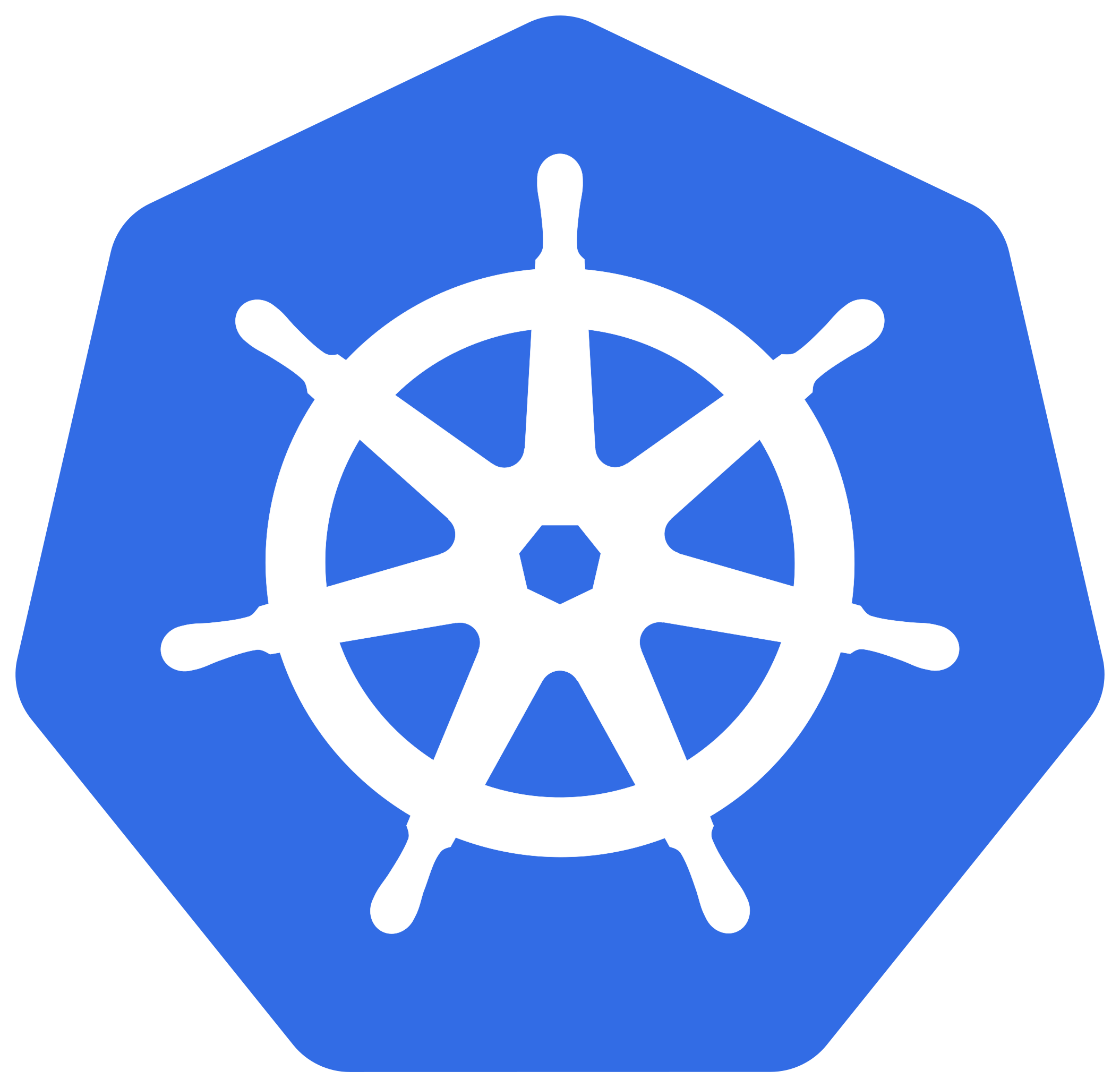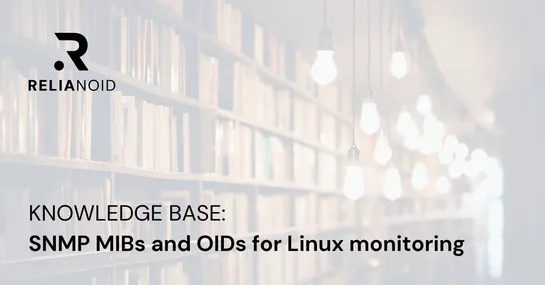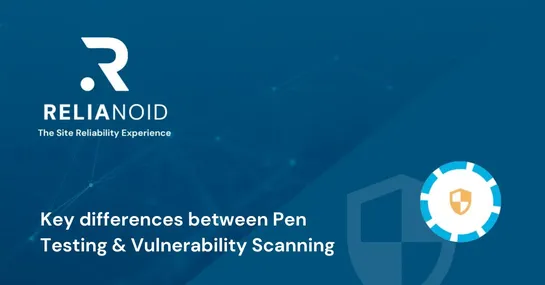Creating Your First Terraform Module
This blog post is a guide to creating Terraform modules to manage your infrastructure using Infrastructure as Code (IaC). Here's a breakdown of the key points:
Introduction to IaC: IaC treats infrastructure like any other code, allowing for version control, collaboration, and automation through tools like Terraform.
Benefits of Terraform Modules: Terraform modules help you reuse infrastructure configurations across projects, improve code maintainability by encapsulating complex configurations, and enable collaboration by sharing modules within your team or publicly.
Creating a Basic Terraform Configuration: The blog walks you through building a Terraform configuration file to provision a basic EC2 instance.
Converting Code to a Module: You'll learn how to transform your EC2 instance code into a reusable Terraform module.
Version Control and Infrastructure Environments: The importance of using Git for version control and managing separate module versions for different environments (development, staging, production) is discussed.
Terraform Registry: The blog introduces the Terraform Registry, a central repository for sharing and discovering Terraform modules.
By following these steps and embracing IaC principles, you can achieve more efficient and automated infrastructure management.




















